
Center for Community Development
and Service-Learning
The Center for Community Development and Service-Learning (CCDSL) is one of the servicing arms of DLSMHSI under the Office of the Vice Chancellor for Academics that has been reorganized to provide support and assistance to the service-learning component of the different programs of the Institution. As a link to the partner and adopted communities, it actively participates in the systematic, holistic, and developmental plan of delivering primary health care services to a community or group of people through a system of partnership that involves the participation of both the community members and the health care team in training, health care services, and research.
Objectives
- The Center aims to take part in the efficient delivery of Primary Health Care (PHC) services in the depressed and underserved communities through empowerment of the members of the community by means of a partnership or collaboration between DLSMHSI and the local government unit (LGU). Eventually, it is hoped that these communities will develop self-reliance.
- It also seeks to awaken the spirit of patriotism among the youth as they commit themselves in community engagement and integration, demonstrating the zeal for service as they respond to the needs of the Filipino communities.
HISTORY
In the early years of the CCDSL's recognition, then called the Comprehensive Community Health Training Program (CCHTP) Unit in 2002, it served as a platform for community-oriented projects under the Office of the Vice Chancellor for Academics (OVCA). Spearheaded by Dr. Estrella P. Gonzaga who was an active Community Medicine Consultant and Community Services Coordinator of the Department of Family and Community Medicine (DFCM), the Community Health Development Program (CHDP) collaborated closely with Community Organizers (COs), faculty members, and students from various colleges with Immersion Programs, including the DFCM of the College of Medicine, the College of Physical Therapy (now the College of Rehabilitation Sciences), and the College of Nursing and Midwifery (now the College of Nursing). In alignment with its Mission and Vision, the Institution has consistently backed the CCHTP's operations, collaborating with stakeholders to enhance community health services through research, training, and health service partnerships.
The CCHTP was recognized as a distinct unit within the Academic Services Operations under the OVCA in SY 2015-2016. In SY 2018-2019, the NSTP Unit was transferred to the CCHTP from the Office of Student Services (now The Student Affairs), necessitating a redefinition of the Department's function to include preparing NSTP students for community engagement. In response to the VCA's directive to enhance service-learning in line with the Institution's Vision and Mission, the Department was renamed the Center for Community Engagement and Health Development Program in SY 2019-2020. Further emphasizing its role in community engagement and service-learning, the Department was renamed the CCDSL in SY 2023-2024 under the endorsement of Dr. Naomi M. De Aro, the incumbent Vice Chancellor for Academics.
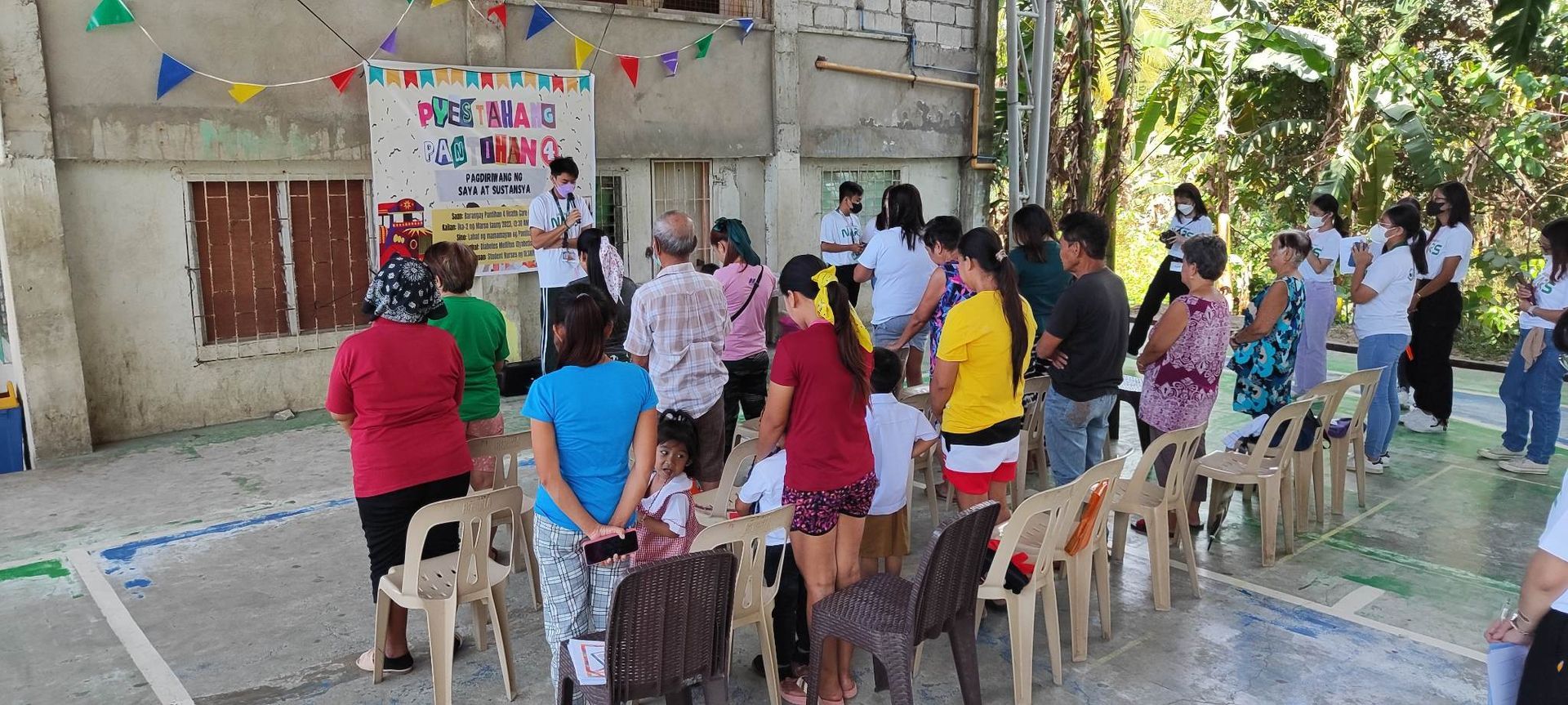
PROGRAMS
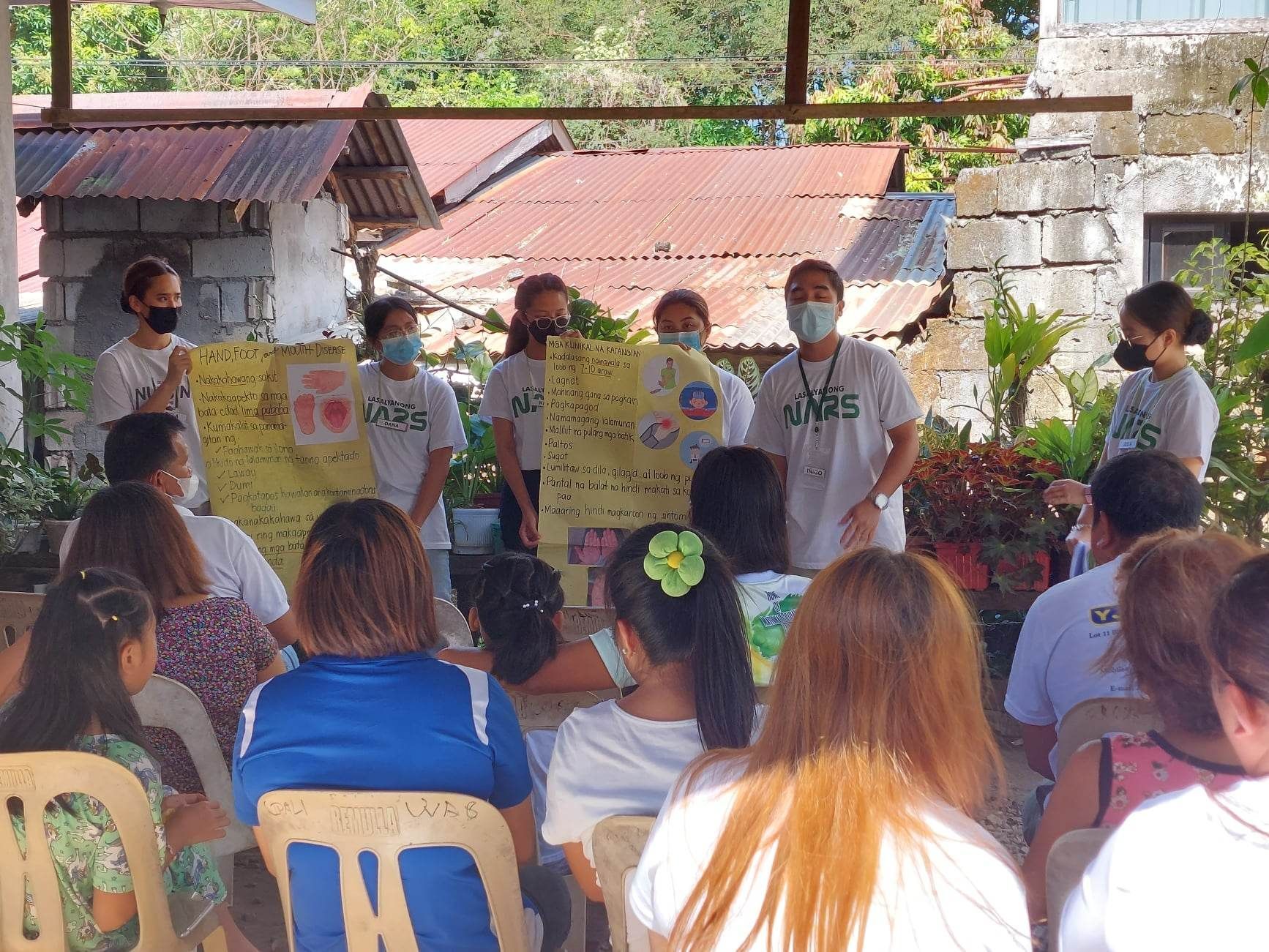
National Service Training Program (NSTP)
The Institution has always valued the youth, recognizing their potential as nation-builders, capable of contributing to the transformation of the nation. To help them find their roles and their mission for our country, the Institution incorporates the concepts and principles of the NSTP of the Republic of the Philippines - a commitment to participate in molding the Filipino youth of today, who are the hope of the nation.
NSTP at DLSMHSI, particularly the Civic Welfare Training Service (CWTS) component, aims to instill civic consciousness and patriotism in youth through service-oriented training, aligning with the goals of RA 9163 (Section 3c) to promote active youth involvement in national welfare.
Graduates of the NSTP shall comprise the School-Based National Service Reserve Corps (SBNSRC), serving as promoters of volunteerism and advocates for community projects addressing identified needs in adopted and partner communities.
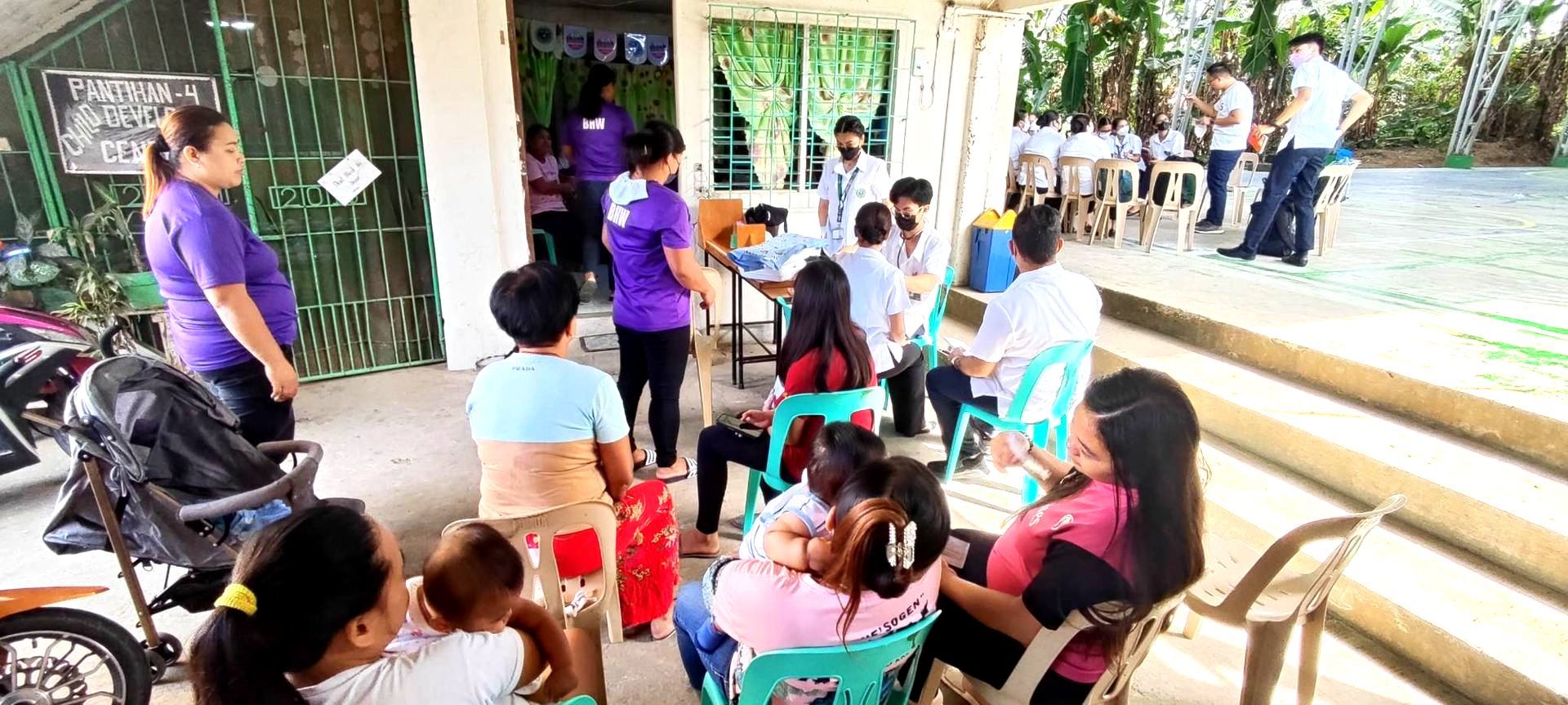
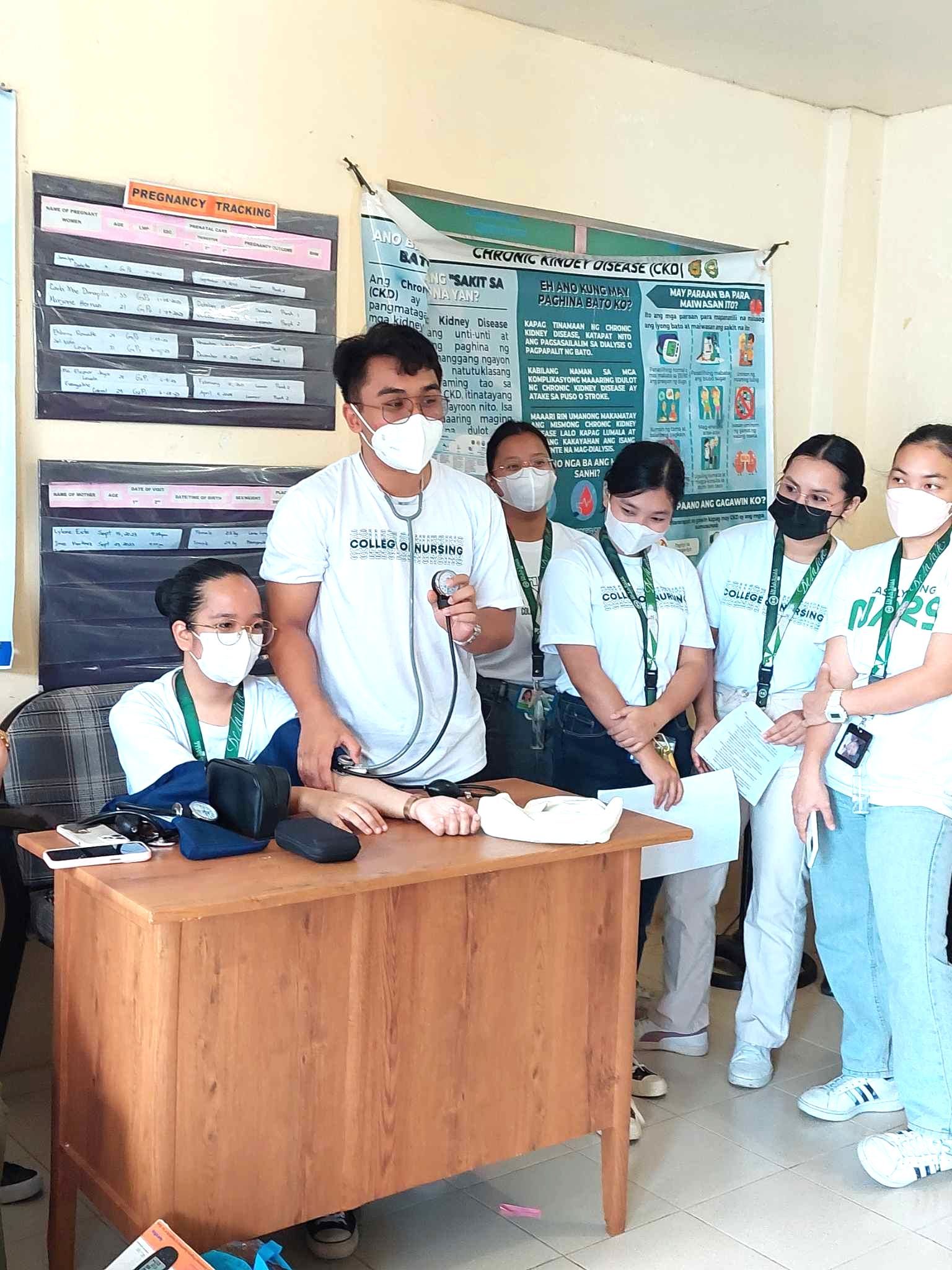
Community Health Development Program (CHDP)
The CHDP at DLSMHSI originated from the Health Resource Development Project III involving the Department of Family and Community Medicine and the College of Nursing from 1991 to 1994 when the institution was known as De La Salle University-Emilio Aguinaldo College of Medicine. Many strategies from HRDP III are still being adapted in the implementation of the present CCDSL.
- Collaboration between DLSMHSI and LGU of the partner community
- Formation of Community Health Organization (CHO)
- Coordination with the existing recognized organization of Community Health Workers (CHW)
- Mobilization of the people in the community through the CHO or CHW
- Trainings of the CHO or CHW members on:
- Leadership
- Participatory action research
- Project development and management
- Skills Training for CHW
These strategies are being incorporated in the four (4) phases of community organizing process implemented through the CCDSL which are the pre-entry, entry, sustenance and strengthening, and phase over.
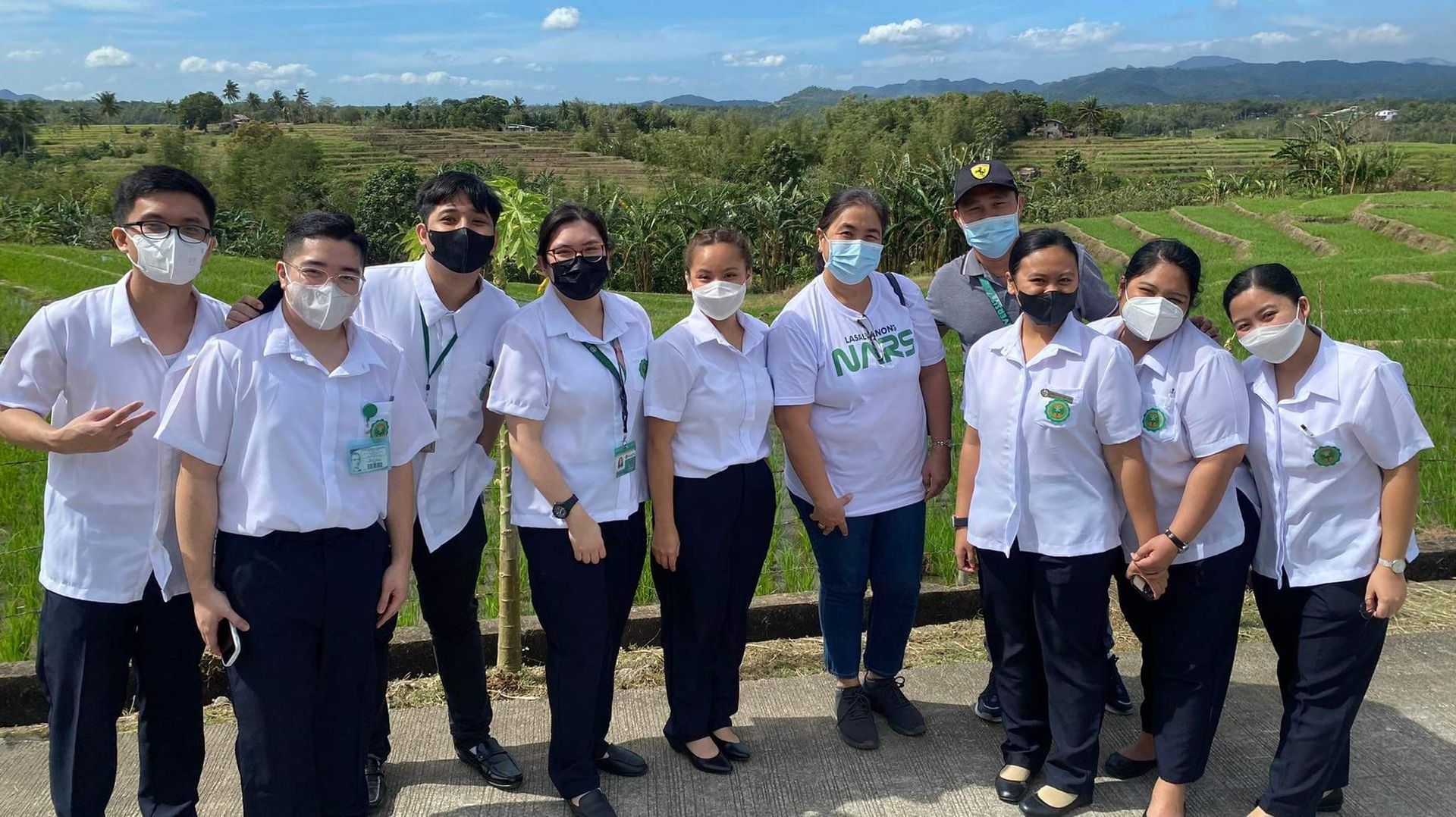
The Student Immersion Program, joined by the Colleges of Medicine, Rehabilitation Sciences, and Nursing, was created to implement these strategies. It aims to enhance the learning skills and attitudes of students through deep social engagement in actual settings where social, economic, and political determinants significantly impact individual, family, and community health. The Program also aims to raise awareness of the Philippine healthcare delivery system among students and deepen their understanding of their future roles as healthcare providers. The interprofessional collaboration of these colleges provides promotive, preventive, curative, and rehabilitative healthcare services in partner communities.
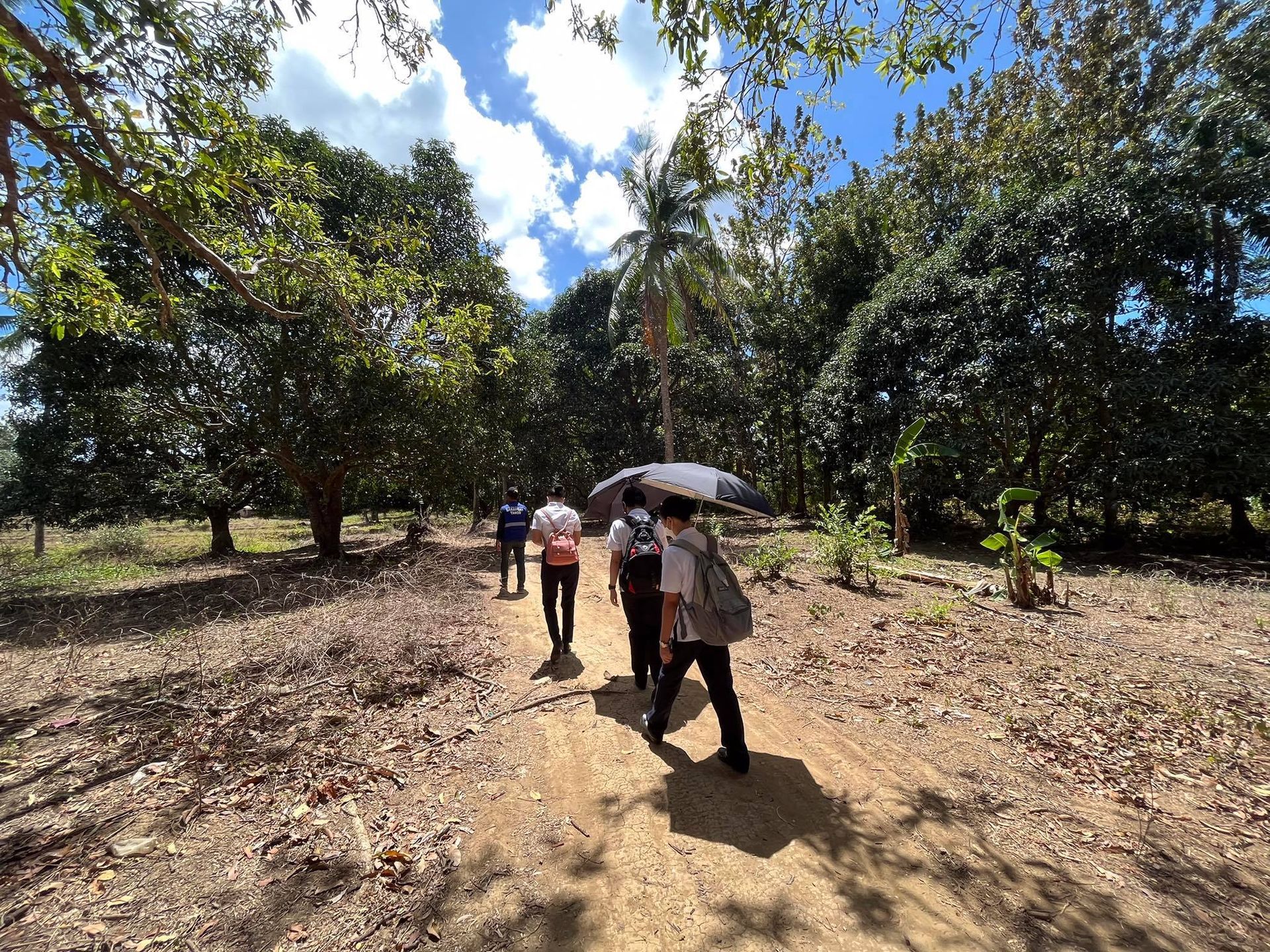
Community Service-Learning Program (CSLP)
Service-learning is a pedagogical strategy designed to enhance the academic experience of the students through the application of what they learned in the classroom to actual community engagement activities. These service-learning activities shall be initiated by each Program and shall be coordinated with the Chair of the CSLP of CCDSL.
This program has the following elements:
- Equipping the students with knowledge about service-learning.
- Empowering the students through actual community engagements.
- Engaging the students in service-learning.
- Enhancing the students’ service-learning experience.
- Equipping the partner communities with the necessary knowledge, skills, and attitude.
- Empowering the partner communities through the conduct of activities that will promote community development.
ADMINISTRATORS
CENTER FOR COMMUNITY DEVELOPMENT AND SERVICE-LEARNING
SY 2025 - 2026
| POSITION | NAME |
|---|---|
| Director | Julieta M. Damian, RN, MSN |
| Chair, Community Health Development Program | Jose Marcelo K. Madlansacay, MDC |
| Chair, Community Service-Learning Program | Melchor D. Vipinosa, Jr., MASD |
| Chair, National Service Training Program | Roel B. Hayag, MAEd |
Contact Us
CENTER FOR COMMUNITY DEVELOPMENT AND SERVICE-LEARNING
Rm. 8103, Ground Floor, Wang Building
Client Feedback

Trunklines:
+63 (2) 8988-3100 (Manila) or
+63 (46) 481-8000 (Cavite)
Local no.:1343 / 1413
PHONE
Governor D. Mangubat Avenue, Zone IV, City of Dasmariñas, Cavite, Philippines

